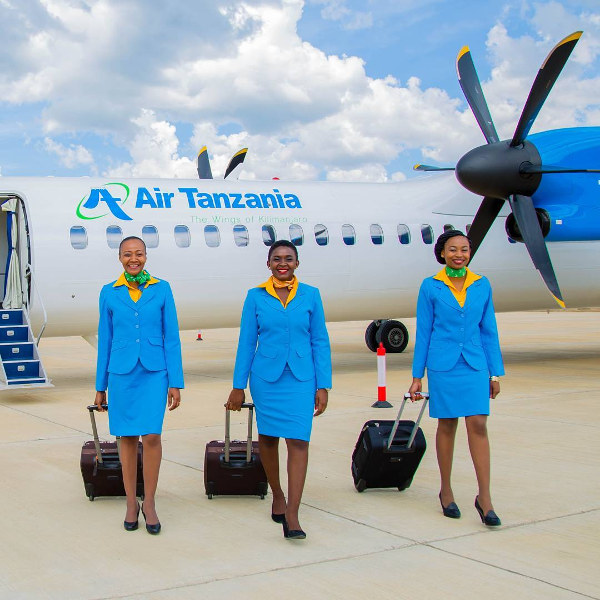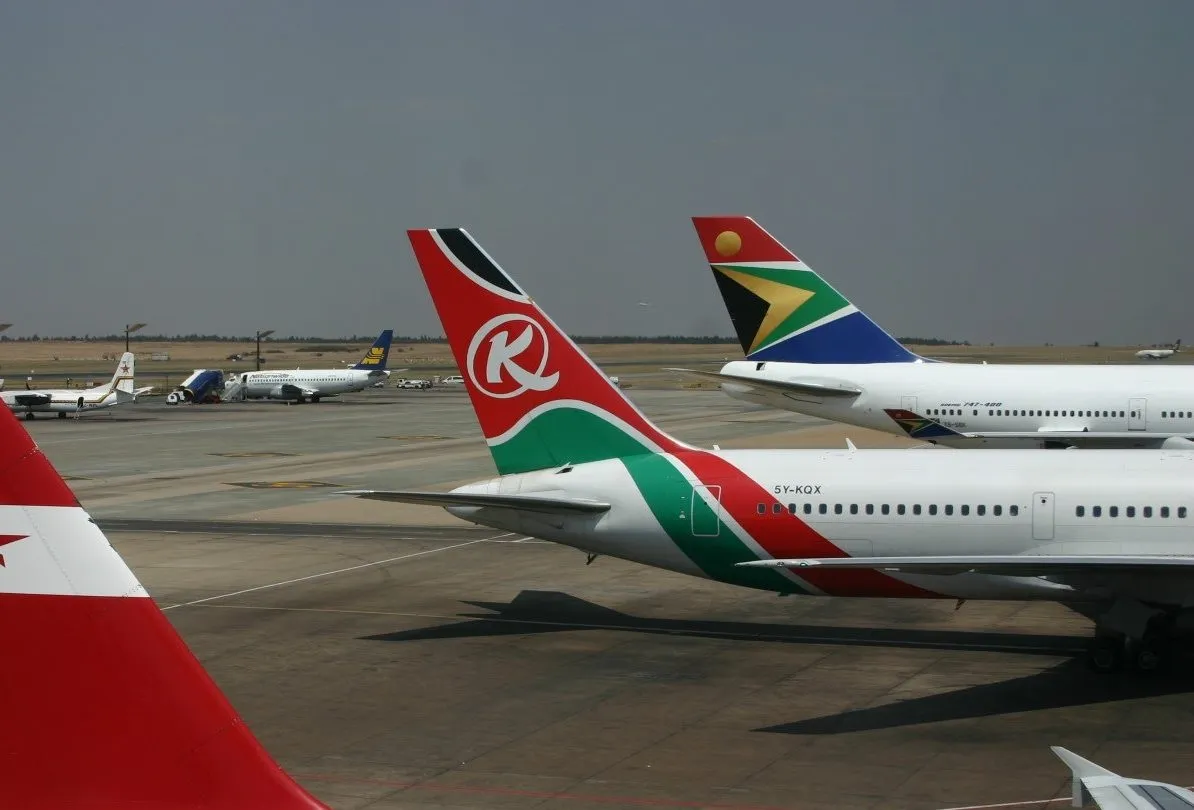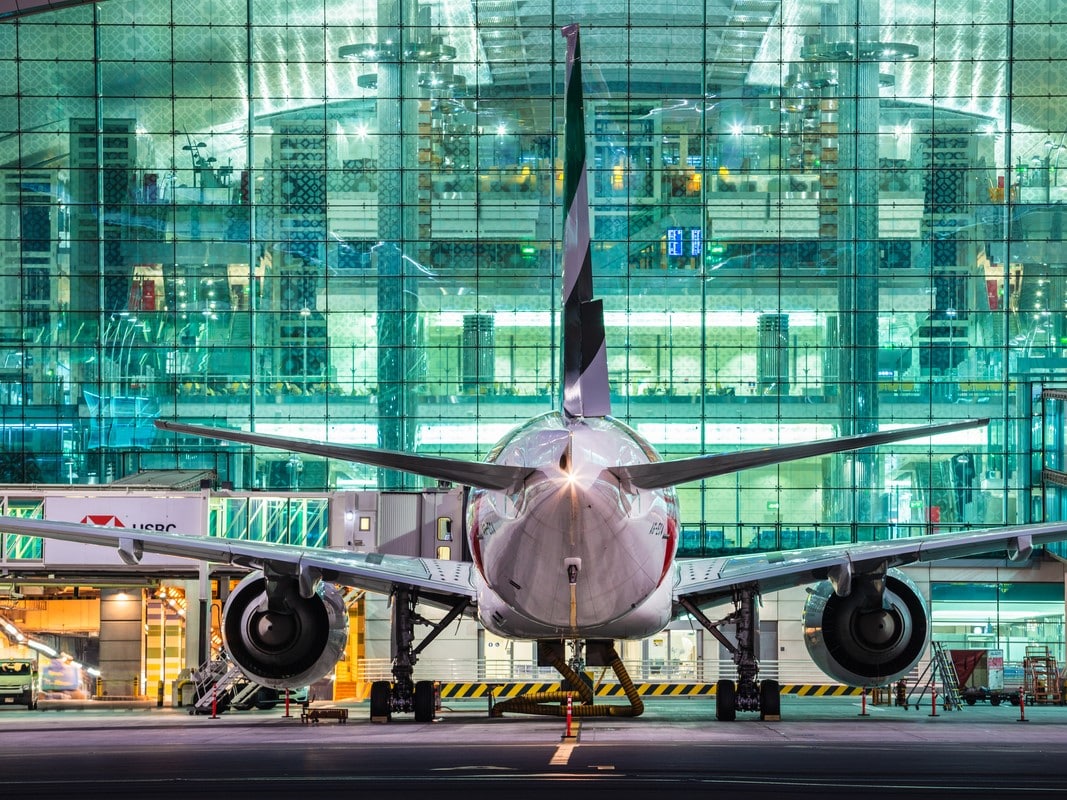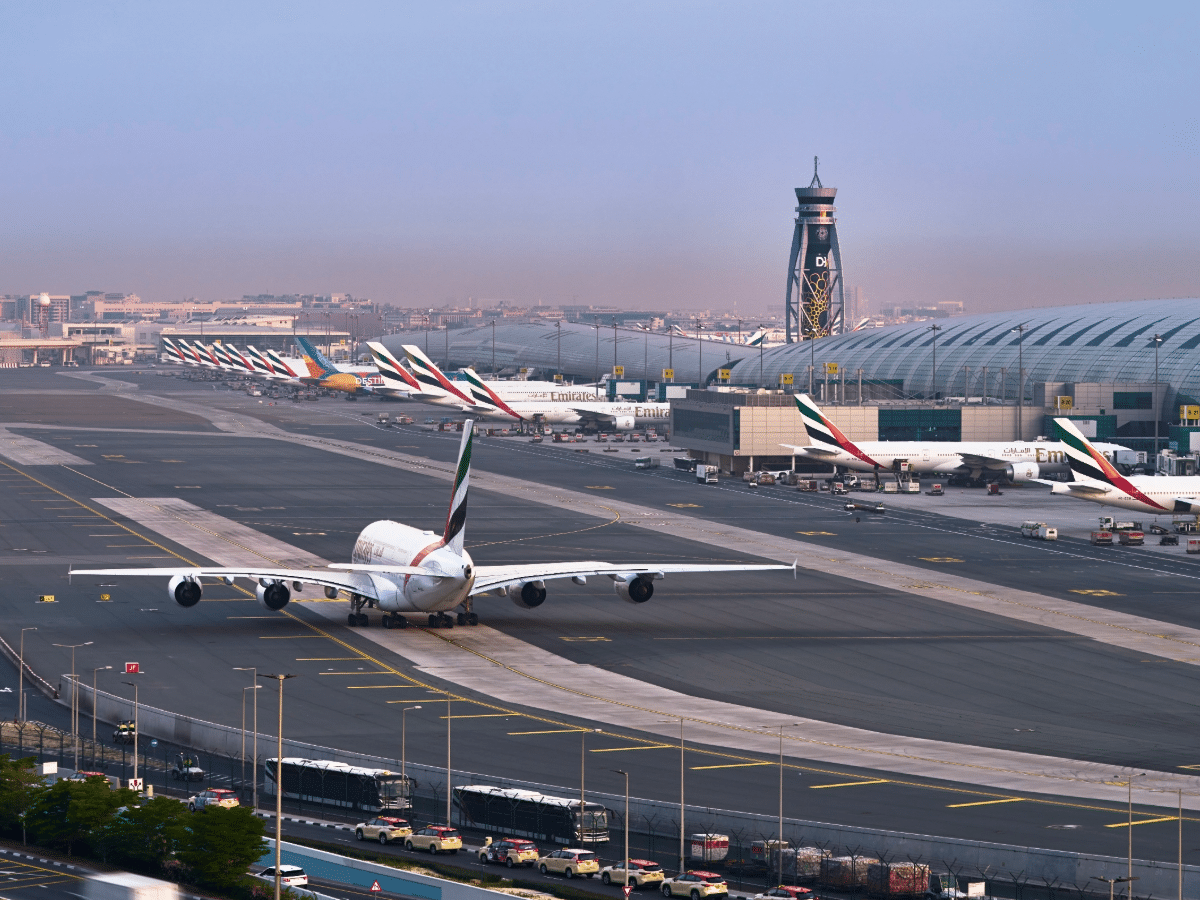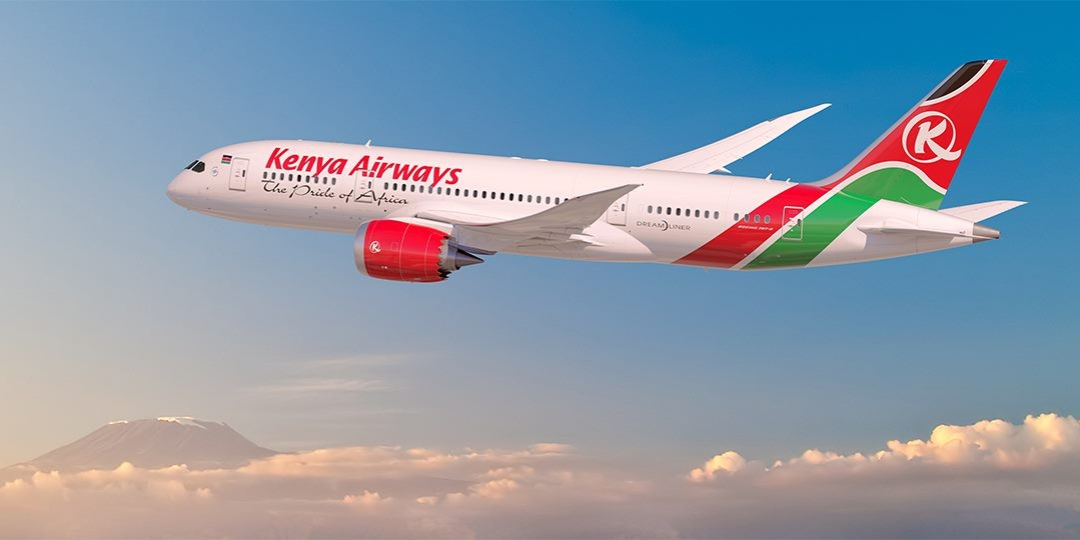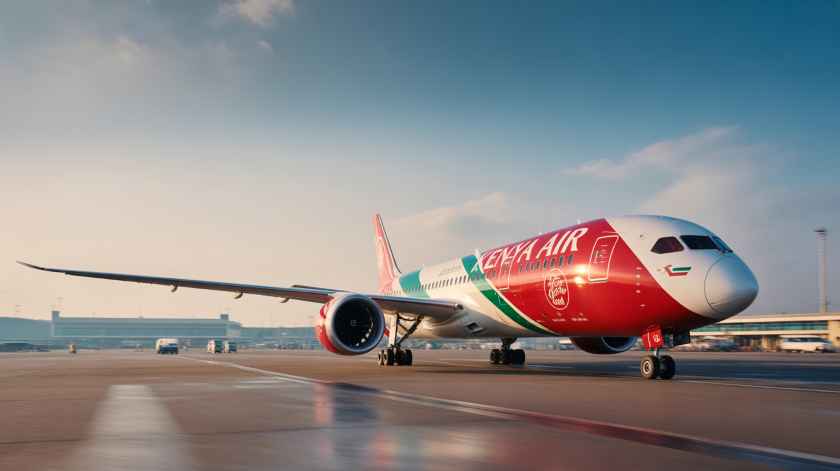Africa, with its vast expanse and diverse population of over 1.4 billion people spread across 54 nations, remains one of the least visited continents for tourism. The annual number of tourists to Africa hovers just under 100 million, which is significantly lower compared to other regions of the world. Despite these numbers, the continent holds immense potential for tourism growth.
If each African nation could attract between 10% and 20% of its population as domestic tourists and foster a mere 5% of intra-African travelers, the economic benefits would be transformative. Local communities and industries would experience a surge in activity, creating new opportunities and bolstering economies. This potential for growth is one of the key drivers of Africa’s growing focus on tourism, particularly domestic tourism, which has been underscored by the impact of the COVID-19 pandemic in 2020.
The Emergence of Domestic Tourism in Africa
The COVID-19 pandemic, which forced global lockdowns and travel restrictions, highlighted the need for local tourism solutions. African nations quickly recognized that their own citizens could become the backbone of a thriving tourism industry. The idea of domestic tourism gained traction, especially as international travel remained limited.
Kenya led the way with the Tembea Kenya campaign, an initiative designed to encourage Kenyans to explore their own country. This campaign resonated deeply with locals, highlighting the beauty and cultural wealth that lay within their borders. Building on this success, South Africa launched the Sho’t Left campaign, urging citizens to take short, affordable trips across the country, while Nigeria rolled out its Naija7Wonders campaign to encourage Nigerians to discover their own heritage and hidden gems.
Grassroots Movements Fueling Domestic Tourism
Beyond the large-scale national campaigns, grassroots movements have also emerged, emphasizing the importance of exploring local destinations. Groups like Naija Explorers and Nigerian Tourism Lovers have gained traction, creating communities dedicated to promoting domestic travel. These movements have proven that domestic travel is not only feasible but also sustainable in the long term. Through their efforts, these grassroots initiatives have played a pivotal role in shifting the mindset of many locals toward recognizing the value of exploring their own nations.
Investment in Domestic Tourism Infrastructure
Many African governments have taken notice of the increasing interest in domestic tourism and are now making concerted efforts to bolster their tourism infrastructure. Investments in roads, accommodations, transport, and technology are paving the way for easier and more enjoyable travel experiences within the continent. These infrastructural upgrades are crucial in fostering the growth of domestic tourism, ensuring that both locals and visitors can access the rich cultural, natural, and historical assets that Africa offers.
Alongside physical infrastructure, African governments are ramping up their marketing strategies to promote domestic travel. This includes utilizing digital platforms to reach potential travelers, showcasing the unique offerings of each region. The rise of social media campaigns and collaborations with influencers has also helped amplify the message, encouraging citizens to embark on domestic journeys.
A Platform for Discussion: The 21st Akwaaba African Travel Market
The growth of domestic tourism in Africa is being closely monitored by industry leaders, policymakers, and investors. One of the key events that brings together these stakeholders is the Akwaaba African Travel Market, which celebrates its 21st edition in 2020. Held annually at the prestigious Eko Hotels & Suites Convention Centre in Lagos, the event serves as a platform for discussing the future of tourism on the continent.
The Akwaaba Travel Market is not only a showcase of African destinations but also a forum where the latest trends, innovations, and strategies in tourism are discussed. Attendees, which include leaders from both the public and private sectors, as well as travel enthusiasts, come together to share insights and chart the way forward for a more interconnected and dynamic tourism sector.
The African Tourism Conference: Key Insights and Discussions
An integral part of the Akwaaba Travel Market is the African Tourism Conference, which aims to delve deeper into the strategies and challenges facing the tourism sector. This year’s conference is set to focus on the strides made in domestic tourism, examining what has worked and what areas require more attention. The conference will highlight both the successes and the shortcomings of current efforts, allowing for a candid discussion on how to move forward.
A key feature of the conference will be the keynote address by Lilly Ajarova, the Senior Presidential Advisor for Tourism in Uganda. Ajarova brings with her a wealth of experience from her previous role as the CEO of the Uganda Tourism Board. Her leadership in promoting Uganda’s rich cultural and natural heritage has positioned the country as a key player in the African tourism landscape. Her insights will be invaluable in shaping the future of African tourism, particularly in terms of government policy and strategic initiatives.
Looking to the Future: Africa’s Tourism Potential
The future of African tourism is bright, as the continent begins to recognize the full potential of its domestic market. The combined efforts of national governments, local communities, and grassroots movements are creating a fertile environment for the growth of tourism across the continent. As African countries continue to invest in infrastructure, marketing, and policy development, the sector is poised to not only boost local economies but also redefine how the world views Africa as a tourist destination.
In summary, Africa’s tourism economy is undergoing a significant transformation. The rise of domestic tourism, along with the emphasis on intra-African travel, is laying the foundation for a more resilient and sustainable tourism industry. As the continent continues to develop its tourism offerings and improve accessibility, the number of tourists, both local and international, is expected to grow. The Akwaaba African Travel Market and the African Tourism Conference will play a crucial role in shaping this future, providing a platform for dialogue and collaboration among the key players in the tourism industry.
With the continued commitment to domestic tourism and regional collaboration, Africa is on the path to becoming a leading global tourism destination.


